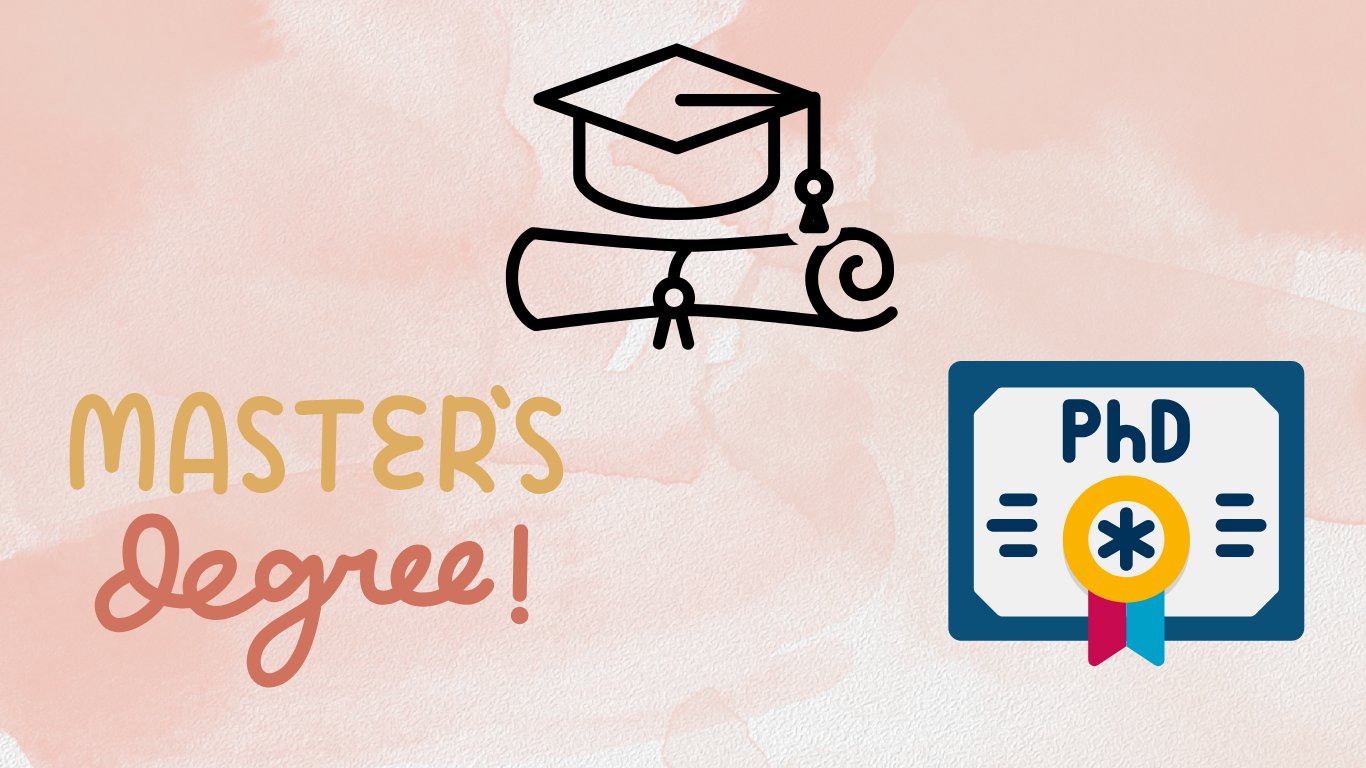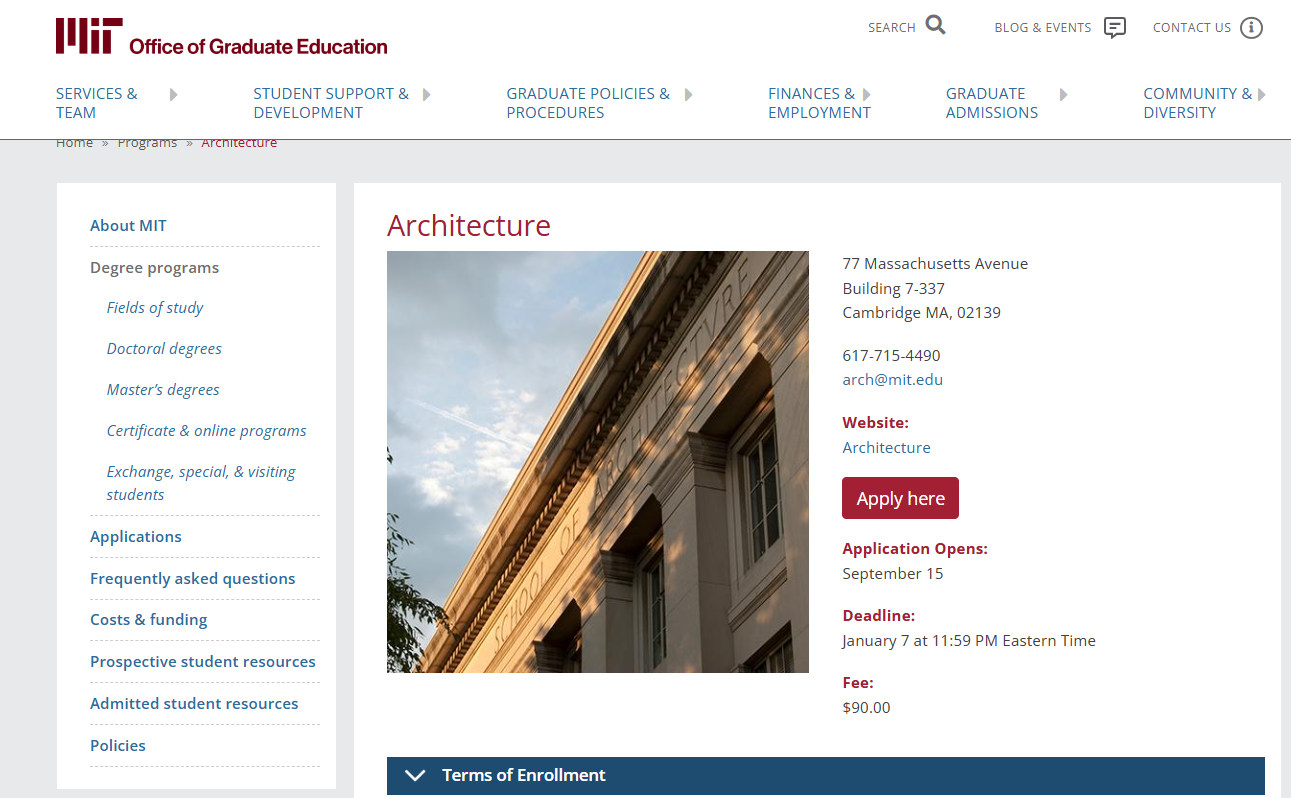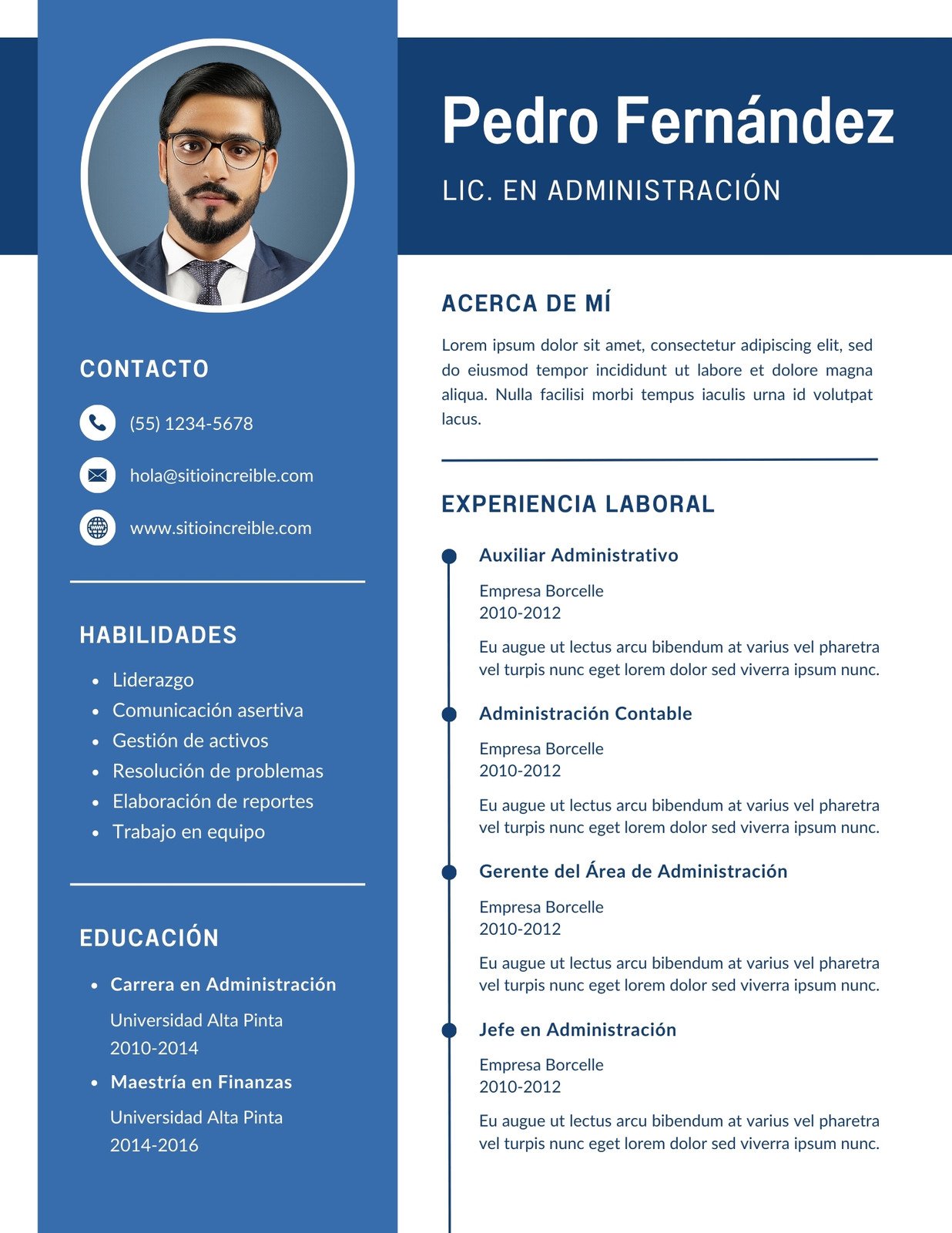This article is going to direct you to know everything about applying for programs and universities in the USA. From ways to get selected to instructions for students with specific results(low, high, even moderate) and situations.
Study Master’s/PhD In US
Higher studies in the USA are like a dream for many of us. However, some hindrances may arise which will lead to confusion. Many become overwhelmed when applying to US universities without having proper guidelines and knowledge. No matter what cgpa you have in his article you will have a guideline to go through pathways based on your cgpa and have your dream US university.

Ways To Get Selected In US Program
1. University Apply
The most basic and mandatory thing to do is to apply for university online through their website. Eligibility and required document lists are given on those websites. Like if you are interested in getting enrolled in MIT master's program then go to this website where all the necessary information is available. If you meet the requirements and provide the required documents you will compete with other international students across the world. The competition depends on the ranking of the universities and their acceptance in the world. It is actually a very tough road to go as getting selected and managing funding is hard because of the competition. Typically academic results, research profiles, Good GRE scores, and IELTS scores can be the main factors for getting selected.
See also: How to Apply for US Universities as an International Student

There is a fixed application fee which can be a pressure for applicants who have to apply to multiple places. If you have a high cgpa along with a good research profile top universities(MIT, Princeton, Standford) can be your destination if you follow the application process properly and with efficiency.
2. Approaching Professor
You must go through the University application as stated before. But as you might have a low chance of getting selected amidst the competition, one fine way can be to approach the professor of your relevant topic at that university. Personally mailing them focusing on your strong area and research interest can be fruitful to have funding from that professor. Once you can convince that professor to give you funding showing your dedication and vision, the selection process for university application will be automatically done. The professor's reference will help in this regard.
Also check out: How To Find Professor For Masters in US
So, making an Excel list with professors' contacts and their work details is important along with university deadlines is crucial if you want to be selected and also get funded. Research Assistant is the most common way to work with the professor. Based on skills and dedication, a Teaching Assistant position can be given. Thus full funding can be won through professors. A sample mail format for professors is given below:
Subject: Prospective Graduate Student Interested in Your Research
Dear Professor [Last Name],
I hope this email finds you well. My name is [Your Name], and I am currently completing my undergraduate studies in [Your Field] at [Your University]. I have been following your research on [Research Topic], and I am particularly interested in your work on [Specific Project or Paper].
I am considering applying to the [Master’s Program] at [University Name] for the upcoming [Fall/Spring] semester, and I wanted to reach out to inquire about potential research opportunities in your lab. I believe that my background in [Relevant Experience or Skills] would make me a good fit for your ongoing projects, and I would be thrilled to contribute to your research.
If you are accepting new graduate students or have any advice regarding the application process, I would be grateful for your guidance. Thank you for your time and consideration, and I look forward to hearing from you.
Best regards,
[Your Full Name]
[Your Contact Information]
Low CGPA Candidate
What Actually is a “low” CGPA?
There might be confusion in figuring out which is actually considered to be a LOW cgpa. Though in different countries the standard benchmark is different, for convenience generally it can be said that 2.5 or 2.99 on a scale out of 4 is considered to be low. If a percentage scale is considered then a below 60% grade can be classified in the LOW cgpa category. But it is not universal, in between a country there may be two different kinds of cgpa to percentage conversion tables. So in a sense, the cgpa can be low but if the percentage is above the threshold scale, then that cgpa should not be classified as low.
Take a look below and find out the difference between grading:-
In this example, two students having 75% marks can be categorized in two cgpa, at this point US universities will look for the percentage and consider both equally as the percentage is an equal indicator as the cgpa for the US system.
In other places, approximately below 6.0 on a 10-point scale for international students is considered to be low.
What Should You Focus on?
Now as You have missed out on a good side that could make the admission process easy, you have to focus on other things like achieving good GRE scores and researching in specific fields. Not just academic merit is considered in the case of admission to higher studies. Other parameters are also important to stand out in the competition. As you may have low cgpa, you should enrich and highlight other parameters. Your SOP (Statement of Purpose) should be on the point and clearly should focus on your target and the way you are expecting to do it. The professor should find you confident in what you are doing then it will be helpful for you to overshadow the low academic score. Some other factors are also described below.
1. Focus on GRE
GRE can be your accelerator. A good GRE score will make you an obvious consideration for getting selected. Normally the GRE is distributed like below:
- Verbal Reasoning: 130–170
- Quantitative Reasoning: 130–170
- Analytical Writing (AWA): 0–6
For details: How to Prepare Well for the GRE
Total Score (Verbal + Quant): 260–340
If your score is between 310 to 340, it will be a blessing for your admission process. So don't give less attention to it, rather invest a good amount of time here.
Here is an overview of top universities accepting students with average GRE scores:-
2. IELTS/TOEFL Score
One of the key tools for you is English language proficiency tests. If you have an exceptional score, the university can consider you a serious learner.
Try to score more than 7.5 and you will have an outstanding position in consideration for call of admission. Remember, strong English proficiency not only meets university requirements but also ensures you can fit in an academic environment where English is the primary language.
Check out: A Step-by-Step Guide to Cracking IELTS/TOEFL for US Universities
3. Research / Publication Profile
Research in a specific field with effective progress can be a game-changer for you. Being exceptional in research and publication will make academic grades unnecessary as it is believed that research is the ultimate way of free thought and actually creating some new invention.
If you have a paper published in a top journal that aligns with your academic sector, then it will carry a great influence.
4. Work Experience
One great way is having work experience in the field you are interested in pursuing a master’s and PhD. Industrial knowledge will have a great impact on choosing your major and relevant sectors will make your chance easy to get selected for US universities.

It carries a value that you already are familiar with the field and you can contribute to it. Even multinational company work experience can be counted as a plus point. You should demonstrate growth by taking on more responsibilities or leadership roles over time. Avoid passive roles (“bench time”) and highlight impactful contributions in your resume, SOP, and recommendation letters to make your application stand out
5. Evening Master’s Program
US universities focus mainly on the last 2 years' results rather than the whole 4-year result. You can utilize it by doing an evening master's program in your country at a prestigious university while doing a job to gain work experience. If you dedicatedly put effort then a good result can be achieved in your two-year program. When your CV has an extra master's degree and the result is good then it will cover your bachelor’s degree
You should try to have a good grade in your core course in University, especially in the last 2 years. Your evening program should be relevant to your field.
6. Co-curricular Activities
Don't miss anything. If you are good at table tennis and you have a prize divisional/ national stage in your home country, why not display it? The US is a place where extracurricular work is highly appreciated and even chances are given so that you can continue your passion.

If you have leadership skills, then proudly mention it. Soft skills can be a great value for you which you can utilize in your sector in the future and Universities count these capabilities.
7. Letter Of Recommendation
Lastly, a Letter of Recommendation (LOR) plays a vital role in helping colleges assess applicants beyond their grades. It bolds the achievements mentioned in your application and resumes while offering insight into your personality and school experiences. Even with a low GPA, a strong LOR from a professor you've worked closely with on a successful project can be invaluable. To boost your chances, aim to secure at least 2–3 well-written LORs from respected professionals.
Best Universities For “Low” CGPA Candidates
- Southern Illinois University Carbondale
- University of Texas at Arlington
- University of Southern California (USC)
- University of Arizona
- Clemson University
- University of Iowa
- Lamar University
- University of Miami
- University of Louisville
- University of Illinois at Chicago
- Florida International University
- Texas Tech University
- Colorado State University
- Michigan State University
- University of Missouri
- University of Wisconsin-Milwaukee
- New Jersey Institute of Technology (NJIT)
- University of North Texas
- University of Nebraska-Lincoln
- Oregon State University
Success Story
Maintaining a high GPA is important, but it’s not the only way to pursue higher studies in the U.S., and Arif Hasnat's story is a perfect example of that. Despite having a low CGPA of 2.71, Arif, a civil engineering graduate from RUET, was able to secure fully-funded PhD offers. Instead of letting his GPA define him, Arif turned to research early in his undergrad years, even though resources and guidance were limited. He taught himself research techniques, worked closely with senior students, and published 12 research papers by the time he graduated. He faced plenty of setbacks along the way, like failing a backlog exam and missing his graduation ceremony, but he never gave up. His persistence and focus on research paid off, ultimately helping him grow into an expert in his field.
Arif's journey to U.S. universities wasn’t easy. He emailed over 1,200 professors, and faced rejection after rejection due to his GPA, but refused to give up. His persistence finally led to acceptance into several universities, with full funding, including Southern Illinois University Carbondale and the University of Texas at Arlington. Arif’s advice to future applicants is to make the most of online resources, craft strong application materials like your SOP, LORs, and CV, and always highlight how you can contribute to the institution.
Moderate CGPA Candidate
If your CGPA isn’t the highest but you’re still aiming for grad school in the U.S., don’t worry — you're not out of the game. U.S. universities look at the whole picture, not just your grades. So, if your GPA is moderate, it’s time to focus on other areas that can really make your application stand out. Here's how you can make sure your application shines even if your CGPA isn't perfect:
1. Show Off Your Other Strengths
If your grades aren’t top-tier, don’t stress — there are plenty of other ways to stand out in your application. Admissions committees care about you as a whole person, not just a number.
Strong Test Scores: A solid GRE or GMAT score can help balance things out. A great test score proves your academic abilities, even if your undergrad grades weren’t perfect. Make sure to prepare well and aim high!
Work Experience: Internships, part-time jobs, or relevant volunteer work are incredibly valuable. Experience in your field shows that you can apply what you’ve learned in real-world settings, making you a stronger candidate.
Research Projects: Highlight any research projects you’ve worked on, even if they were part of your coursework. Research experience is especially important if you plan to pursue a research-focused career.
Skills and Certifications: Extra certifications or relevant courses can demonstrate your commitment to learning and self-improvement. It’s a great way to show you’re actively developing skills outside the classroom.

Extra-Curricular Activities: Leadership roles, clubs, or community involvement can set you apart. U.S. universities appreciate well-rounded applicants, so don’t forget to showcase your interests beyond academics.
2. Proper Statement of Purpose
Your Statement of Purpose (SOP) is your chance to tell your story. If your CGPA isn’t the highest, you need to make sure your SOP is on point to show the admissions committee why you’re still a great fit for their program.
- Explain Your Journey: Don’t be afraid to briefly address your CGPA if there were reasons for it — maybe you had a tough start or faced personal challenges. Just keep it real, and most importantly, focus on how you've grown.
- Show Your Passion: Admissions committees want to know why you’re passionate about the field. Share what drives you — what excites you about this subject and why you're eager to pursue it further.
- Align Your Goals with the Program: Be specific about what you want to achieve in your career and how the program fits your vision. Mention professors whose work you admire or any special labs or projects you’re excited about.
Take a good look: How to Write an Effective (SOP) Statement of Purpose
Talk about what makes you stand out beyond your grades — it could be a project you worked on, a particular skill, or your work ethic. Make sure your SOP reflects who you truly are.

3. Get Strong Letters of Recommendation
Letters of recommendation are like your personal cheerleaders. A strong LOR from someone who knows you well can help make up for a moderate CGPA.
Choose professors or supervisors who know you personally and can speak to your potential, work ethic, and growth. You want someone who can vouch for you beyond just your grades.
A generic letter won’t help much. Make sure your recommenders can provide examples of your strengths and how you've improved over time.
4. Demonstrate Improvement
One thing admissions committees love to see is growth. If your CGPA started off a little lower but you improved as you went along, that’s a positive sign. It shows that you can overcome challenges and adapt.
If you struggled early on but ended up excelling in more advanced coursework, mention it. This shows you’ve learned from past mistakes and can handle tougher material.
5. Apply to a Range of Schools
You don’t need to aim only for the most competitive universities. Applying to a mix of schools — including a few that might be a bit easier to get into — can be a smart strategy.
- Target Schools that Look at the Whole Package: Some schools focus more on your potential than just your grades. Look for schools that take a holistic approach to admissions, and where your experience, passion, and future goals matter just as much as your GPA.
- Do Your Research: Check the average GPA and test scores for the programs you’re interested in. If your CGPA is a bit lower, focus on schools where you still fall within the range of accepted students.
6. Ace Your Standardized Tests
If your CGPA is moderate, a strong GRE or GMAT score can make a big difference.
A good score can show the admissions committee that you’ve got what it takes, even if your grades were inconsistent during undergrad. Just make sure to put in the time to prepare.

7. Take Additional Courses or Certifications
If you feel your academic background isn’t as strong as it should be, consider taking extra online courses or certifications. These show that you're committed to improving and filling in any gaps.
Platforms like Coursera, edX, or LinkedIn Learning offer tons of relevant courses. If you take a few that are related to your field, it can show you’re continuously learning and staying updated.
8. Explain Your CGPA (If Needed)
If you think your CGPA needs some explaining, do it briefly in your SOP.
If there were reasons for your moderate CGPA — like personal struggles or a heavy course load — you can address it. But don’t make it the focus. Instead, highlight your growth and why you’ll be successful in graduate school.
High CGPA Candidate
A high CGPA(more than 3.7 out of 4) is undoubtedly a strong academic asset, but the application process to U.S. universities involves much more than just good grades. Whether you’re aiming for top-tier schools or want to explore the best-fit universities for your goals, there’s a strategy to enhance your chances. Let's walk you through everything you need to know about how international students with high CGPA can apply for U.S. universities.

1. Research early
The first step in the application process is thorough research. The more you know, the better your chances of success.
- University Selection
You might have an outstanding CGPA, but not all universities may be the right fit for your academic goals. Use your CGPA to filter schools that match your profile. Top-ranked universities like Ivy League schools are extremely competitive, so it's a good idea to consider a range of institutions — from highly selective to moderately competitive ones.
- Program Availability
Different U.S. universities offer varying strengths in specific fields. Make sure to target universities known for your area of interest. For example, if you’re applying for a computer science program, universities like MIT, Stanford, and Carnegie Mellon are some of the top choices, but there are also other institutions with strong programs that might be a better fit for your goals.
- Check Admission Requirements
Every university has unique requirements. Some may require standardized tests (like GRE or SAT), while others may have specific prerequisites for international students. Research these requirements for each school to avoid last-minute surprises.
2. Best Use of Your CGPA
Your high CGPA will obviously strengthen your application, but how you present it matters. Here’s how to maximize it:
- Transcript Evaluation
U.S. universities often require international students to provide a credential evaluation of their transcripts. This ensures that your academic performance is evaluated in a U.S. context. Services like WES (World Education Services) are commonly used for this purpose. Be sure to have your transcripts ready for evaluation well in advance.
- Grades vs. Coursework
A high CGPA doesn’t just show that you’re good at exams; it also shows that you’ve taken challenging courses. Be sure to mention any tough or special courses you’ve completed that prove your academic strength. If your high CGPA comes from doing hard subjects, make sure to highlight that in your application.
U.S. universities value well-rounded students. If you’ve participated in research, projects, leadership roles, or extra-curricular activities, be sure to mention them. These experiences can set you apart from other applicants who may have similar grades.
3. Strong Statement of Purpose
Your Statement of Purpose (SOP) is a key part of your application. It's your chance to show the admissions team who you are beyond just your grades.
Talk about why you're passionate about your field of study. With a high CGPA, the committee will likely want to know more personal reasons behind your interest in the program. Explain what motivates you to pursue this field and how your academic background has shaped that decision.
U.S. universities like applicants who have clear future goals. Whether you want to contribute to the global economy, conduct research, or make an impact in your community, be specific about how the program matches your career ambitions.
Avoid using a generic SOP. It's important to tailor your statement to each university. Mention professors, research opportunities, or other resources at the university that make it the perfect place for your studies.

4. Resume/Curriculum Vitae
Your CV is another way to demonstrate your academic and extracurricular achievements. For international students, it’s a key document that highlights:
- Research and Internships: If you’ve participated in any research projects, internships, or workshops, include those in your CV. U.S. universities, particularly graduate programs, love candidates with research experience. It shows initiative, curiosity, and a passion for your field.
- Academic Awards and Honors: If you’ve won any academic awards or received distinctions for your work, be sure to list them. High CGPA students often have accolades or scholarships, so this is where you can showcase those honors.
- Leadership Roles and Volunteering: U.S. universities value leadership and volunteer work. Even if your activities are related to your field of study, general leadership and involvement in clubs or causes can show that you are well-rounded.
5. Prepare for Standardized Tests
While some U.S. universities are moving away from requiring standardized tests (like the GRE for graduate programs), many still use them as part of their admissions process. A high CGPA might compensate for lower test scores in some cases, but high scores can make you stand out.
Check the test requirements for each university you’re applying to. Even if your CGPA is stellar, a strong GRE or TOEFL/IELTS score can still be essential for securing a spot in highly competitive programs.
6. Recommendation Letters
Strong letters of recommendation (LORs) are essential, especially for high-CGPA students applying to U.S. universities.
Your recommenders should be individuals who know you well, particularly in an academic or professional context. This could be professors, research advisors, or employers who can speak to your abilities, accomplishments, and potential.
Help your recommenders by providing them with a clear outline of your achievements and goals. Be specific about what you would like them to highlight in their letters, particularly areas that align with the university’s values and your future plans.
Give your recommenders examples of your work, projects, or interactions that would help them write a more personalized and compelling letter.

7. Scholarships and Financial Aid
Many U.S. universities offer scholarships for international students, including merit-based awards that recognize academic excellence. Research these scholarships thoroughly and apply for as many as possible.
Many graduate programs offer teaching or research assistantships that come with stipends and tuition remission. These are competitive but worth considering if you want to ease the financial burden of studying in the U.S.
Take a look : The Fulbright Scholarship Program in the U.S. for International Students
Some universities require international students to fill out financial aid forms like the CSS Profile or university-specific financial forms. Even if you don’t think you’ll qualify for aid, it’s worth checking whether you need to submit these documents.
FAQs
1. Can I still get into a competitive program if I’ve failed a few courses?
- Absolutely! While a few failures on your transcript may raise concerns, universities tend to focus on your overall academic trajectory. If your recent grades are strong and you’ve demonstrated growth, you can frame this positively in your Statement of Purpose (SOP), explaining how you’ve learned from the experience.
2. Is it possible to get into a U.S. university without a standardized test like the GRE?
- Yes, many universities, particularly those in the U.S., have become test-optional or no longer require the GRE for certain programs. Focus on your academic background, work experience, or research to bolster your application. Be sure to research each university’s requirements as they can vary by program.
3. How much weight does a creative or unconventional project (e.g., startup, non-academic initiative) have in the application process?
- Creative projects or entrepreneurial endeavors can set you apart from other applicants. If you can demonstrate how your project aligns with the program you’re applying to and show your leadership, initiative, and problem-solving skills, this can be a valuable addition to your application.
4. Can a poor performance in one subject hurt my application significantly?
- A single poor performance in one subject usually won’t break your application, especially if the rest of your academic record is strong. If the subject is not central to the program you're applying for, you might not need to address it. However, if it is relevant, you could briefly explain the circumstances in your SOP, while focusing on how you’ve improved since.
5. What’s the most effective way to approach a professor for research opportunities before applying?
- Reach out early and be specific. Don't just say, "I’m interested in your research," but explain how your background, skills, and future research interests align with the professor’s work. Show that you've read their publications and have thoughtful questions or ideas. Being proactive and demonstrating real interest can help you stand out.
6. Can I apply for a Master’s in a field I don’t have an undergrad degree in?
- Yes! Many U.S. universities offer flexible admissions policies for students coming from different academic backgrounds, especially for interdisciplinary programs. You might need to take prerequisite courses, but with a strong application highlighting relevant experience or self-study, this path is totally viable.
7. What do U.S. universities look for in a personal statement (SOP) apart from academics?
- Beyond your academic background, universities want to know your motivation for pursuing the program, your career goals, and how the specific university or program fits your aspirations. They also value personal qualities like perseverance, curiosity, and passion. A memorable SOP should convey your story and how you’ll contribute to their community.
8. How can I make my application stand out if I’ve been out of school for a few years?
- If you’ve been out of school for a while, highlight your professional experience, skills learned, and any relevant activities (like certifications, volunteer work, or personal projects). Emphasize how these experiences have prepared you for graduate studies and why you’re now ready to return to academics.
9. What’s the best way to handle a university asking for additional documents after submission?
- If a university requests additional documents post-submission, be prompt, organized, and polite in your response. Always double-check that the documents meet their exact requirements, and clarify any doubts to avoid delays. This demonstrates professionalism and responsibility.
10. How do I decide if I should apply to more than one program at the same university?
- Applying to multiple programs at one university can work in your favor if you’re genuinely interested in both fields. Make sure that the programs have distinct admission criteria and that you can tailor your application for each one. Avoid applying to programs that overlap significantly, as it might look unprepared or indecisive.
